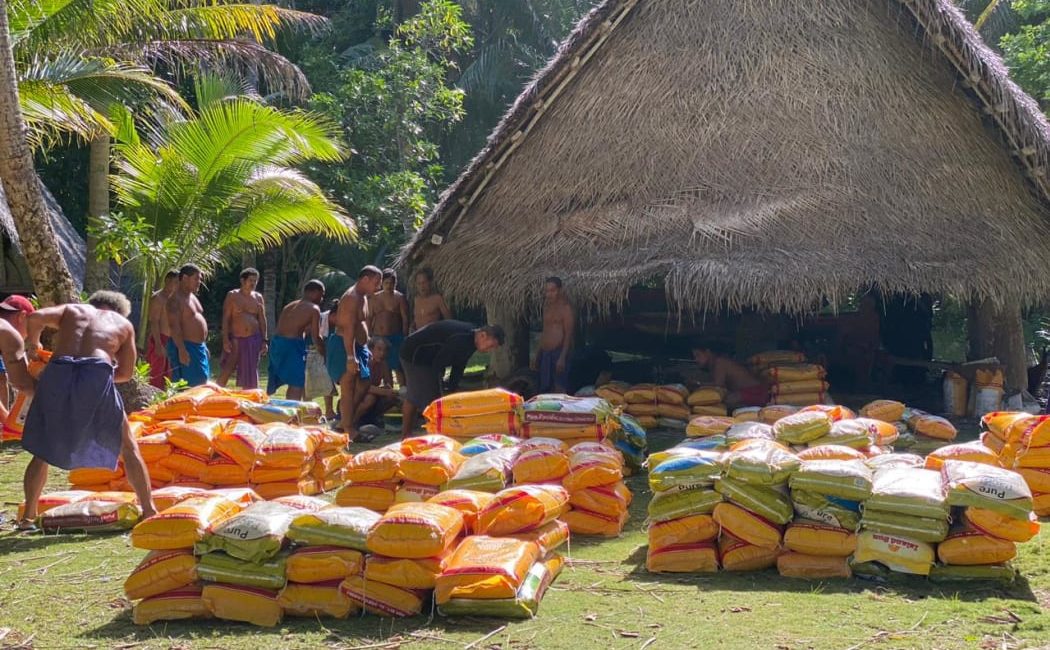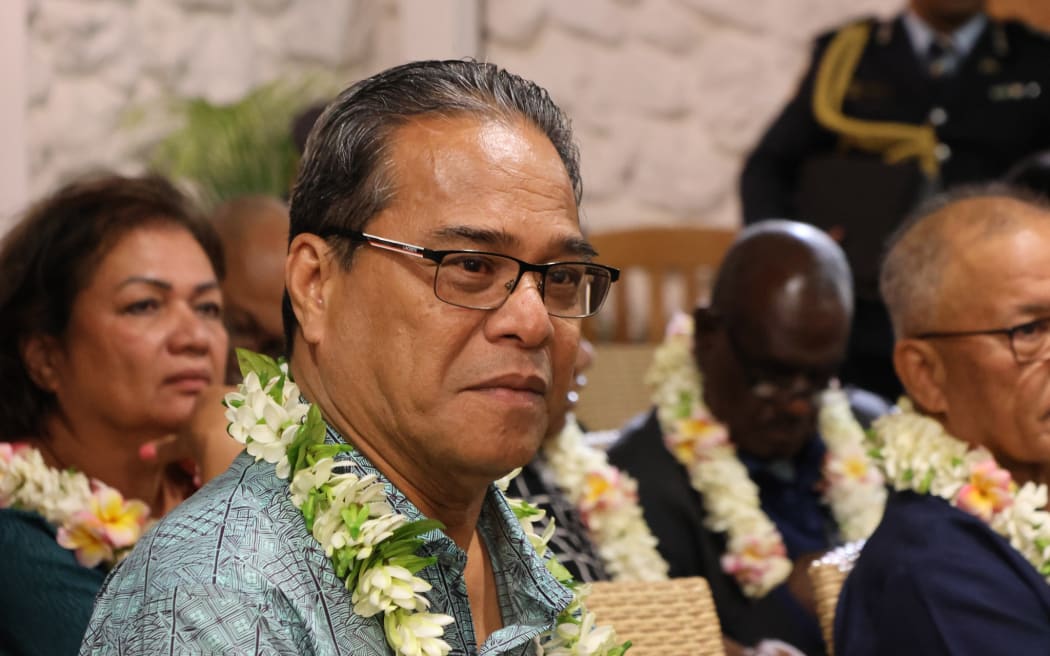
President Simina has also issued several orders, including the set-up of a task force to develop and implement immediate relief efforts, and monitor vulnerable populations. Photo: Facebook.com / Office of the President, Federated States of Micronesia
Federated States of Micronesia President Wesley Simina has declared a national emergency due to severe drought, and sent it to his country’s Congress for review.
The president’s signed declaration said the nation has been experiencing “extremely and unusually low levels” of rainfall, and it is anticipated that this condition will continue to intensify in the coming months.
“The impacts of lack of rain are causing rain catchment and rivers systems across the nation to run dry; and for the inhabitants especially in the Outer Islands, who are dependent on these systems, the threat of sustained decline in water supply is causing tremendous impact upon sanitation and public health,” the statement said.
“The forecast of rainfall across FSM is already showing that the rainfall levels will continue to decrease.”
The states of Yap, Pohnpei and Chuuk have declared an emergency according to their respective state laws.
Through the declaration of emergency, President Simina has also issued several orders, including the set-up of a task force to develop and implement immediate relief efforts, and monitor vulnerable populations.

Federated States of Micronesia President Mr Wesley Simina at the 52nd Pacific Islands Forum leaders meeting in Rarotonga Photo: Pacific Islands Forum
He has also directed the allocation of about US$1.3 million into the Disaster Relief Fund.
“We are committed to taking all necessary steps to mitigate the adverse effects of this emergency and ensure the safety and well-being of all our citizens, especially the most vulnerable,” President Simina said.
“Unfortunately these intensified events are the realities of climate change that we know all too well, but we are a resilient people and we will get through this.”
The declaration has been transmitted to the FSM Congress for its review, and according to Article X, Section 9 (c), it is expected that Congress will convene to consider revocation, amendment or extension of this emergency declaration.
According to the United Nations Children’s Fund (UNICEF), people in affected communities are in desperate need of food and water.
UNICEF’s Micronesia field office chief Cromwell Bacareza said its estimated 16,000 people – 40 percent of those being children – are in dire need of food.
He told RNZ Pacific severe drought conditions in the North Pacific are a grim reminder of the climate vulnerability of small island states.





